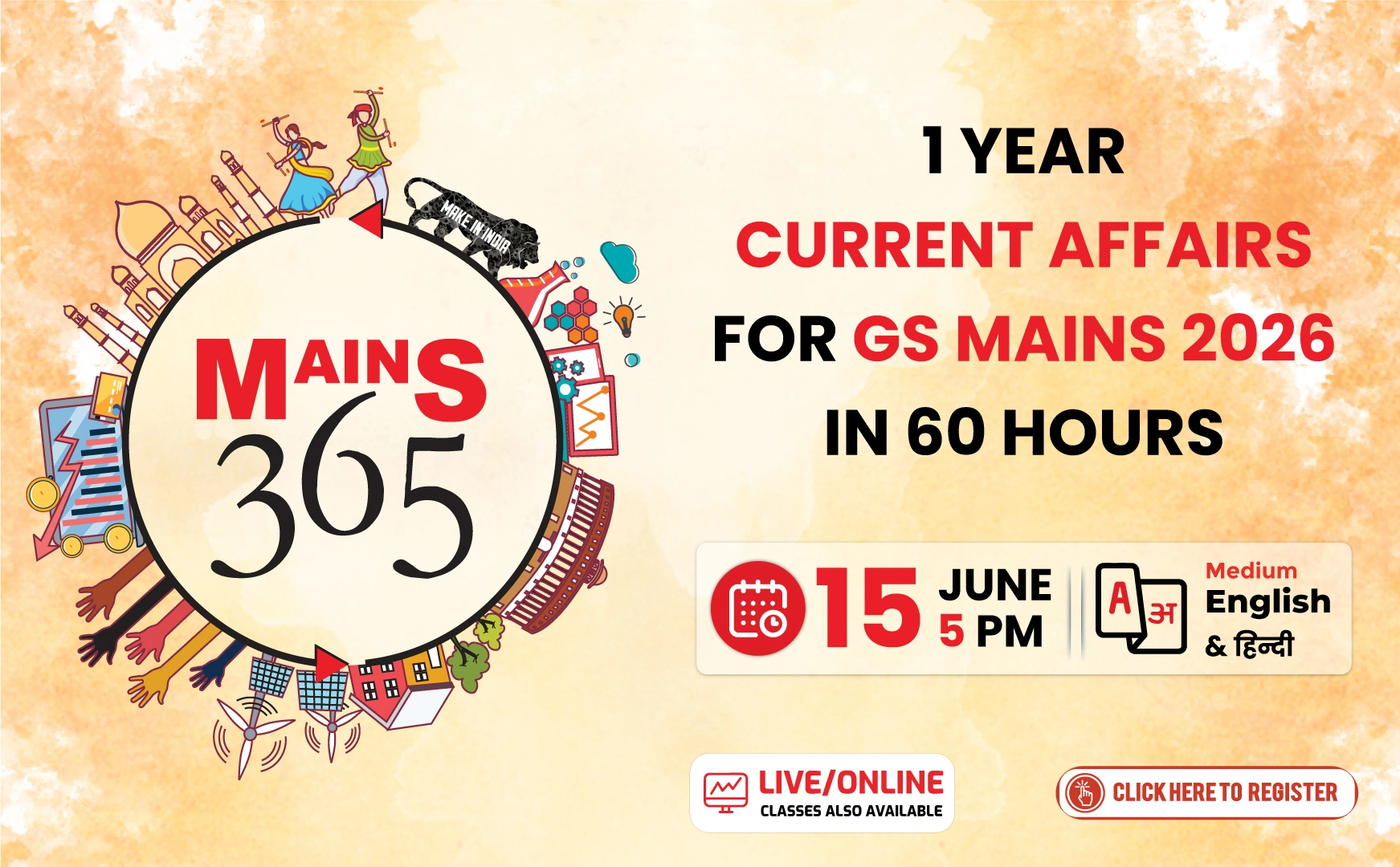Nobel Laureate Michael Kremer on Andhra Pradesh’s Personalised Adaptive Learning (PAL)
Researchers, led by Nobel Prize-winning economist Michael Kremer, conducted an independent study on Andhra Pradesh's Personalised Adaptive Learning (PAL) model. The study found significant educational gains using this model.
Study Findings
- Students using PAL achieved learning gains equivalent to 1.9 years of schooling compared to those not using PAL.
- Students in Grades 7 to 9 using PAL over 17 months learned at nearly double the rate of their peers not using the software.
Randomised Control Trial (RCT) Details
- The study involved 60 government schools in Andhra Pradesh, divided into treatment and control groups.
- The treatment group had access to PAL software via computer labs and tablets.
- Approximately 6,800 students were part of the treatment group, aside from the existing 500 schools utilizing PAL.
Implementation and Outcomes
- Each school in the treatment group had 30 tablets in a PAL lab, with two 40-minute math sessions weekly.
- The PAL software tailored learning paths based on individual student profiles and learning levels.
- Improved learning outcomes were more pronounced in younger grades (6 and 7) due to greater access (42.3 vs. 30.6 hours).
Cost-Effectiveness and Gender Differences
- The estimated implementation cost is $20 to $25 per student annually, including hardware and support.
- Larger educational gains were noted among girls compared to boys due to higher usage hours on PAL.
Future Plans
- The Andhra Pradesh government plans to expand PAL from the current 500 schools to 1,224 schools.
- Scaling up statewide will require significant budget and hardware investments.
Mr. Srinivasrao, the State’s project director, emphasized the potential for improved learning outcomes and the challenges of statewide implementation.



